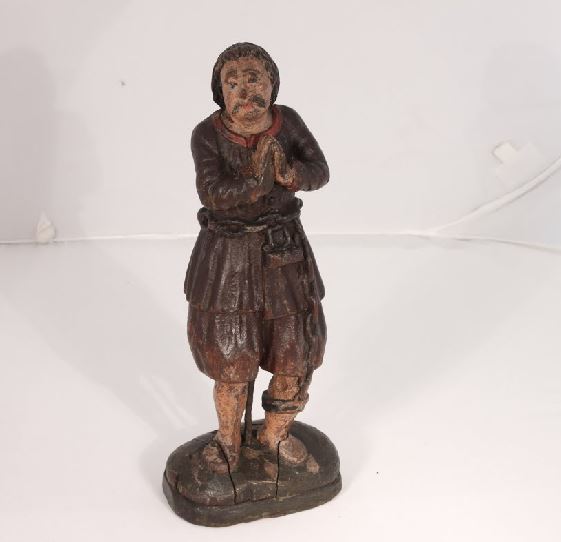Michael Heberer von Bretten as a Slave in Egypt (1585-1588)
Abstract
When, in 1585, a warship of the Order of the Knights of Malta was captured by the Turks, Michael Heberer, who came from Heidelberg, was on board. Heberer spent three years as a slave in the Ottoman Empire; he became acquainted with the Mediterranean region and above all the Orient during the course of many journeys and sea voyages with his master. In 1588, a French envoy purchased his freedom in Constantinople. Back in his homeland, Heberer entered into service for Electoral Palatinate, where he made a career at court. In 1610, Heberer published his account of his time as a slave in the Orient and his diplomatic travels on behalf of Electoral Palatinate. In the passage below, Heberer describes a meeting with European merchants, who gave food and drink to him and the other slaves. Following the logic of the narrative, the description of this event is meant to juxtapose Christian neighborly love with the barbarism of the Turkish slave traders.
Source
[…]
As we were led into Russetten [Rosetta], many men, women, and children stood on the street; they praised God that He had placed their enemies in their hands. They spit in our faces and called us “Naffarenos” [Nazarenes] and meant in this way to greatly humiliate us. However, we took much more joy and comfort from this name because of our Savior Jesus Christ. In the city, we were taken to a large enclosure in a warehouse where we were supposed to cool off. However, as we were brought in, miserable, completely dulled, and exhausted, we caught sight of some of our Venetian merchants and Frenchmen, who spoke to us and had great sympathy for us. Among all these Christian merchants, there was one Venetian who alone (as is written about the Samaritan) showed us the mercy of Christian love. At his own expense, he had fresh water, bread, cucumbers, melons, and baked fish set before us, distributed this food among us, and consoled us with Christian advice and patience. Such Christian alms from this devout Venetian brought us back to life at a point when we were almost wretched and sweltering from the great heat, hunger, and distress. Because of this, we thanked him profusely and politely in all humility, and praised God for sending us such help and comfort when we were sorely incarcerated among our enemies.
[…]
Source: Michael Heberer, Aegyptiaca Servitvs: Das ist/ Warhafte Beschreibung einer Dreyjährigen Dienstbarkeit/ So zu Alexandrien in Egypten ihren Anfang/ vnd zu Constantinopel ihr Endschafft genommen: Mit zwo angehenckten Reisen/ die er nach seiner Dienstbarkeit/ in Vier Königreich/ Böhem/ Polen/ Schweden/ Dennemarckt ... vollbracht / Gott zu Ehren/ und dem Nechsten zur Nachrichtung/ in Drey unterschiedene Bücher außgetheilet/ und mit etlichen Kupfferstücken in Druck verfertiget Durch Michael Heberer von Bretten ... Heidelberg, 1610, p. 113-114. Available online at: https://www.dilibri.de/id/455924
